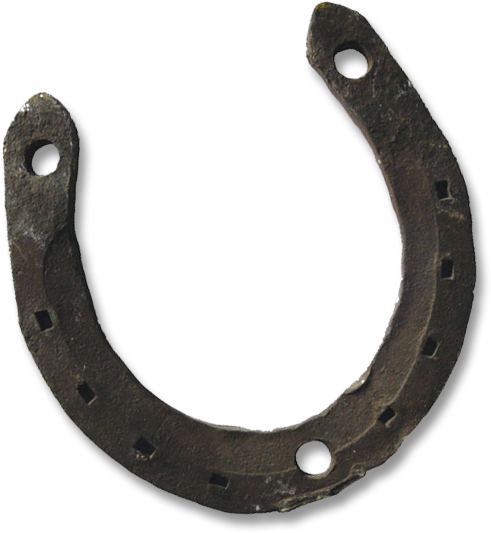
How We Grow: Safe and Healthy Growing Practices
For more than 100 years, the Donaldson family has been keeping the Hackettstown area healthy with their wide variety of farm-grown produce. Considered a “model farm” by the Rutgers New Jersey Agricultural Experiment Station (NJAES), Donaldson Farms uses methods that combine traditional farming practices with the latest innovations in agriculture.
At Donaldson’s Farms, we feel it is important to share how we go about providing the community with some of the freshest produce around, so that you know all about the food that you are purchasing from the time it leaves our fields and goes directly to your table.
We are a traditional farm and are not certified-organic, but we have embraced many organic farming practices, and even go beyond what is currently practiced by organic farmers, thus ensuring our commitment to your family’s health and environmental sustainability. Many of our practices are endorsed by the Organic Materials Review Institute (OMRI), a nonprofit organization that determines what products can be used in organic farming. We are proud to combine the best of both worlds by using safe and healthy farming practices that yield freshly picked flavor and higher nutritional content, more so than produce that comes from other countries.
Natural Control Practices
We use Integrated Pest Management (IPM) strategies to control insects and other pests that damage plants while minimally affecting the environment. This includes using naturally occurring predators; certain plant extracts, sulfur, and horticultural oils; pheromone traps, trap or sacrificial crops; and pruning, raking, and mulching regularly.
Environment Stewardship
The New Jersey Department of Environmental Protection’s Environmental Stewardship Initiative recognized Donaldson Farms for its voluntary and proactive measures taken to go beyond compliance in an effort to improve the environment and ensure a sustainable future.
The Value of Third Party Audits
In essence, this is a voluntary procedure in which we chose to be involved. We work very closely with a non-biased inspector to ensure that we are properly performing our food safety programs as a distributor of food. They visit the farm and inspect our farming techniques, ranging from properly managed irrigation systems to appropriate temperature control in our coolers.
Cover Crops or No/Minimal Till Planting
Every September we plant cover crops to break up soil, keep weeds under control, and release nutrients back into the ground. Some cover crops that we use – white radishes, rye, oats, Sudan grass, vetch and clover — can grow quite big, and will capture, store and then release nutrients back into the soil, so they also reduce the need for fertilizer in the spring. These cover crops die in the Winter and their debris left over in the Spring protects the ground surface and is an ideal soil guard for wind and rain erosion. No plowing is necessary on these fields.
Tissue Samples/Soil Testing
Dozens of soil samples and leaves from our crops are sent to a private lab to determine nutrient levels of our soil and plants on the farm. Results are received within two days, allowing farm staff to add the necessary nutrients in a safe and timely manner with the appropriate amounts to promote healthy growth, improve taste, and produce bigger yields naturally.
Tomato Plant Grafting
Grafting plants is an old-time practice that naturally promotes resistance to soil-borne diseases, while increasing the intake of water and nutrients. Fragile, high-quality tomato plants are attached to roots of other tomato plants that are resistant to disease, without genetically modifying either plant. Grafting results in higher crop yields as well. Look for our Heirloom tomatoes this summer!
Hydrogen Peroxide/Dioxide
Similar to disinfecting wounds to promote healing, spraying plants with hydrogen peroxide cuts down on fungal diseases and strengthens early crop growth without harming the environment. This practice is approved by OMRI for organic production.
Biodegradable Ground Cover
Used to eliminate weeds, reduce soil erosion, and control soil temperatures, this cover is made out of 100% all-natural fibers that decomposes into the soil by the end of the growing season.


